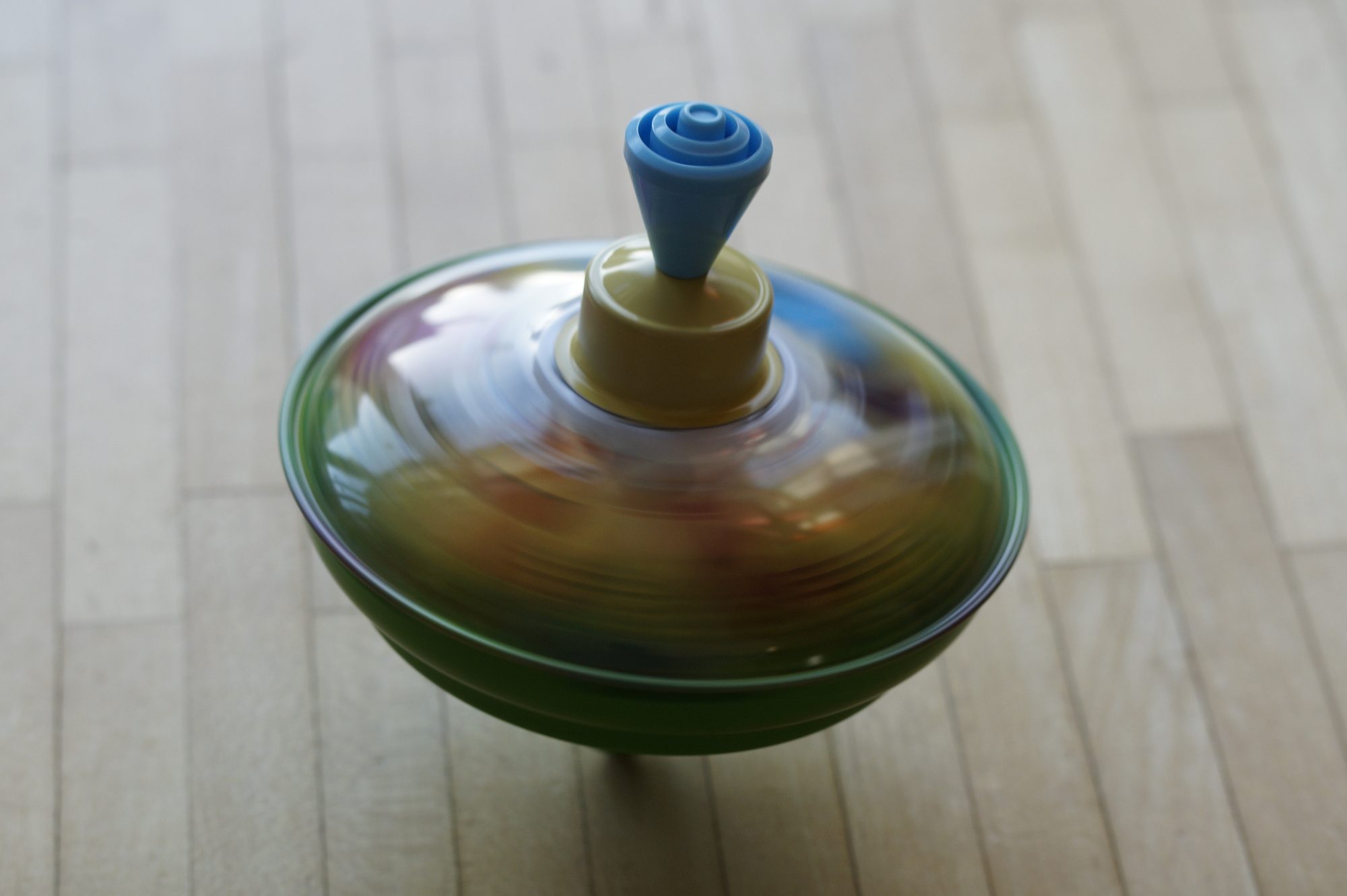(First published at Soberistas.com 8.6.2014)
Why a Blip Can Be a Good Thing By Dave Kneeshaw
How many times do we read on Soberistas ‘I failed last night, I had another blip?’ However, I believe that a blip or a lapse can be a good thing. No seriously, a very good thing. As a therapist I do not recommend lapse as a way of learning about what works for an individual, but in reality some people have to put their hands back in the fire to remind him or herself that it is hot.
In order for something to be described as ‘a lapse’ or ‘a blip’ there has to have been some progress made beforehand. If it was another day of doing the same old, same old, nobody would describe a step backwards as a lapse. We can only lapse when we’re already on the road towards quitting the fags, on a diet or making some other effort to make our life and our world a better place.
When it comes to passing a driving test, no one is surprised that learners need practise. When it comes to juggling, a few dropped balls are not what people measure your skills by. Progress is measured by what you are getting right, and yet when people are in early recovery from addiction they may be tempted to adopt completely unrealistic expectations of how easily they will find a life without alcohol again.
Instead of exercising self-compassion, you may find yourself adopting the language of lapse and the idea that lapse is evidence of failing. Within my work I don’t use the word ‘lapse’. I recognise that something did not go to plan, but then why should everything always work out as intended the first, second or even third time that someone is attempting something new and, let’s be fair, incredibly difficult?

After a lapse or a blip clients will come to see me, awash with tears, guilt and shame, certain that they are a failure, that they are weak and need to be chastised for their inadequacies. Rather than wag a finger I choose to ask them a question which you can ask yourself if you have a bump in the road to recovery;
“Think back a year ago today. What were you doing? If someone said to you back then that you would be able to manage a day, a week, or however long since you last had a drink, how would you feel?”
When I pose this question to clients, immediately they light up, they beam, they feel jubilant, because they can see lapse as evidence of progress. Perhaps more importantly lapse is also a staging post of what else a person needs to do in order to be able to live without alcohol.
So instead of beating yourself up should you experience a lapse, you can choose to dust yourself down and see what this event has to offer in terms of learning. If you failed your driving test you would reflect on the bits that you needed to get right instead of deciding that you have no willpower or that you will never be able to drive. So why is learning to live without alcohol so different?

As I write, a quarter of the people on the planet don’t drink, so it is possible to live life without alcohol, but even more remarkable is the fact that there are people who have had a similar relationship with alcohol as many people on Soberistas have had, who have all learned from their blips and moved forward. What unites all the people I have worked with, a number in the thousands is that they are hyper-sensitive, caring people, but who often lack the ability to really care for themselves.
Try using lapse as a vehicle to promote self-care, instead of one to beat yourself up with and you’ll learn to enjoy every step of your journey to the life that is waiting for you.
The journey of taking back control will continue to have bumps in the road but just think how these will become the very events in the future that you’ll look back on because you were kind enough to allow yourself to learn from them instead of using them as a roadblock to slow things down. Have fun and enjoy the journey. Every twist and turn will teach you something. It is when you choose to apply that learning that you will start to live life the way that you deserve to.
Dave XX
 Dave Kneeshaw is an addictions therapist who has worked for the last twenty years treating people to cope in a complex world. Previously employed by Phoenix Futures (the second largest addiction service provider in the UK) for almost a decade, Dave now has a private practice in Sheffield, South Yorkshire. He enjoys running, and completed his first Sheffield Half Marathon in 2013.
Dave Kneeshaw is an addictions therapist who has worked for the last twenty years treating people to cope in a complex world. Previously employed by Phoenix Futures (the second largest addiction service provider in the UK) for almost a decade, Dave now has a private practice in Sheffield, South Yorkshire. He enjoys running, and completed his first Sheffield Half Marathon in 2013.


